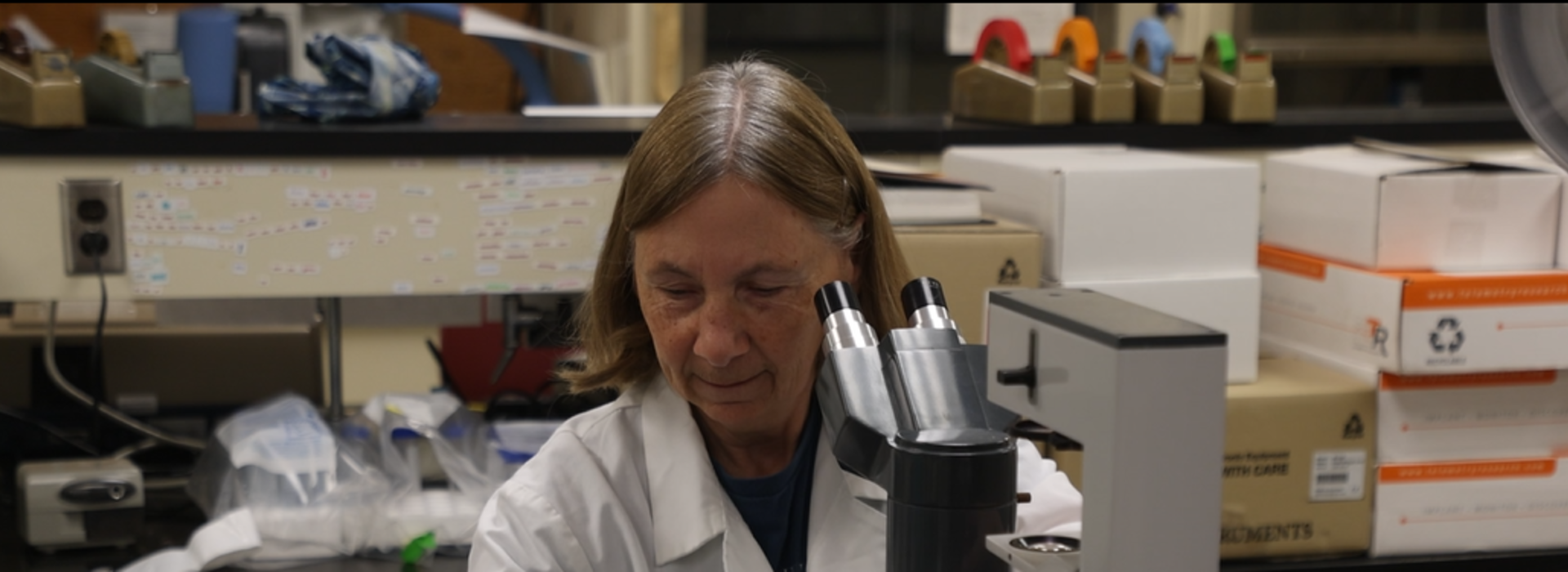
Regal Lab
The overall goal of the Regal lab involves understanding basic immune mechanisms of cardiopulmonary disease. Dr. Regal has a long-standing interest in the innate immune complement system as a mediator of adverse events in disease states such as anaphylaxis, asthma and most currently pregnancy-induced hypertension and development of Type 2 diabetes. These interests have also involved defining mechanisms of pulmonary immunotoxicity of small molecule workplace allergens such as trimellitic anhydride. Our research approach involves experimentation at the molecular, biochemical and physiological levels using animal models of disease.
Pregnancy-induced Hypertension
Preeclampsia and related hypertensive disorders of pregnancy affect ~10% of all pregnancies in the United States, significantly impacting the health of both mother and child. The initiating event of preeclampsia involves impaired blood flow to the placenta and the end result for the mother is high blood pressure and protein in the urine, along with growth restriction in the fetus. During pregnancy, the immune system including the plasma complement system, is tightly regulated to allow fetal survival. In women with preeclampsia the complement system is excessively activated, and our long term goal is to determine the therapeutic utility of manipulating the complement system to prevent preeclampsia or minimize consequences for the mother and child. We hypothesized that complement system activation and white blood cell recruitment lead to hypertension in the mother and growth restriction in the fetus. Thus we are manipulating the complement system and white blood cell function in a rat model of placental ischemia induced high blood pressure to determine the critical mechanisms responsible for the adverse events. Our most recent studies are evaluating a role for the B lymphocyte and the macrophage in pregnancy-induced hypertension.
Developmental Programming of Pancreatic ß Cell Mass and Type 2 Diabetes
In the rat model of placental ischemia-induced hypertension, the pregnant mother become hypertensive and the offspring are born small. In addition, our recent studies have shown that the intrauterine stress results in reduced pancreatic ß cell mass in the fetus, accompanied by changes in macrophages and complement in the pancreatic islet. Pancreatic β cell mass is set very early in life and influences whether an individual develops Type 2 diabetes. We propose that macrophages and the complement system are critical for normal pancreas development and ß cell survival under stress. Our continued studies will manipulate the complement system and macrophages in utero to determine critical mechanisms responsible for the reduced ß cell mass in the offspring. These studies are being conducted in collaboration with an expert in islet cell biology, Dr. Emilyn Alejandro, Department of Integrative Biology and Physiology, University of Minnesota Twin Cities.
- American Association of Immunologists
- American Society of Pharmacology & Experimental Therapeutics
- Society of Toxicology, Immunotoxicology Specialty Section
- American Physiological Society
- American Heart Association
- Associate Editor, Journal of Immunotoxicology
- Editorial Board, Hypertension

Title: Principal Investigator
Email: jregal@d.umn.edu
Phone: 218-726-8950
Office Address:
Department of Biomedical Sciences
313 SMed
1035 University Drive
Duluth, Minnesota 55812
AHC Duluth Women's Mentoring Program
Laboratory Team

Left to right (Dr. Jean Regal, Abby Miles, undergraduate student, Melissa Cedars, Researcher 2, and Kate Root, Researcher 2)